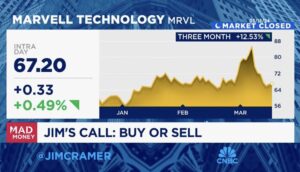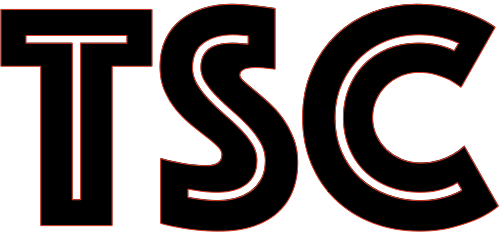
When you make purchases through our links we may earn a small commission.
Current proposals for Universal Basic Income and Healthcare For All projected to Save Tax Payer Dollars

Photo Credit: Marvin Meyer
Universal Basic Income (UBI) is a controversial concept that has gained traction in recent years, with advocates arguing that it could address poverty, inequality, and unemployment. However, one of the main concerns raised against UBI is the question of how it would be funded. In this article, we will explore how a combination of a value-added tax (VAT), the deduction of welfare programs, and the reduction of healthcare expenditure by switching to a universal healthcare system could potentially fund a UBI, while also highlighting some of the intangible benefits of this policy.
A VAT is a consumption tax that is levied on goods and services at each stage of production and distribution. It is a common source of revenue for many countries and has the potential to generate significant amounts of revenue. A small VAT could be applied to non-essential goods and services, such as luxury items, to help fund a UBI. This would ensure that the burden of funding the UBI is not borne entirely by the wealthy, but rather by those who can afford to pay a little more.
Additionally, the cost of implementing a UBI could be offset by the deduction of existing welfare programs. Many of these programs are means-tested, which means that individuals who do not meet certain income requirements are not eligible for assistance. By replacing these programs with a UBI, individuals would receive a basic income regardless of their income level, reducing the administrative burden and increasing efficiency.
Furthermore, the switch to a universal healthcare system could also contribute to funding a UBI. The United States spends more per capita on healthcare than any other country, yet has worse health outcomes. By implementing a universal healthcare system, the government could reduce healthcare expenditure and use the savings to fund a UBI. This would also have the added benefit of providing better healthcare for all citizens, regardless of their income level.
Apart from the potential funding sources for a UBI, there are also intangible benefits that should not be overlooked. UBI has the potential to reduce crime, homelessness, and poverty, as individuals who have a basic income are less likely to engage in criminal activities or become homeless due to financial instability. Additionally, the increased capital injection into rural and urban areas could stimulate local economies and create new job opportunities, further reducing poverty and unemployment.
In conclusion, while the idea of a UBI may seem daunting to some, it is possible to fund it through a combination of a VAT, the deduction of welfare programs, and the reduction of healthcare expenditure by switching to a universal healthcare system. Moreover, the intangible benefits of reduced crime, homelessness, and poverty, as well as increased capital induction into rural and urban areas, make UBI an idea worth considering. Ultimately, the goal of any policy should be to improve the lives of citizens, and UBI has the potential to do just that.

















